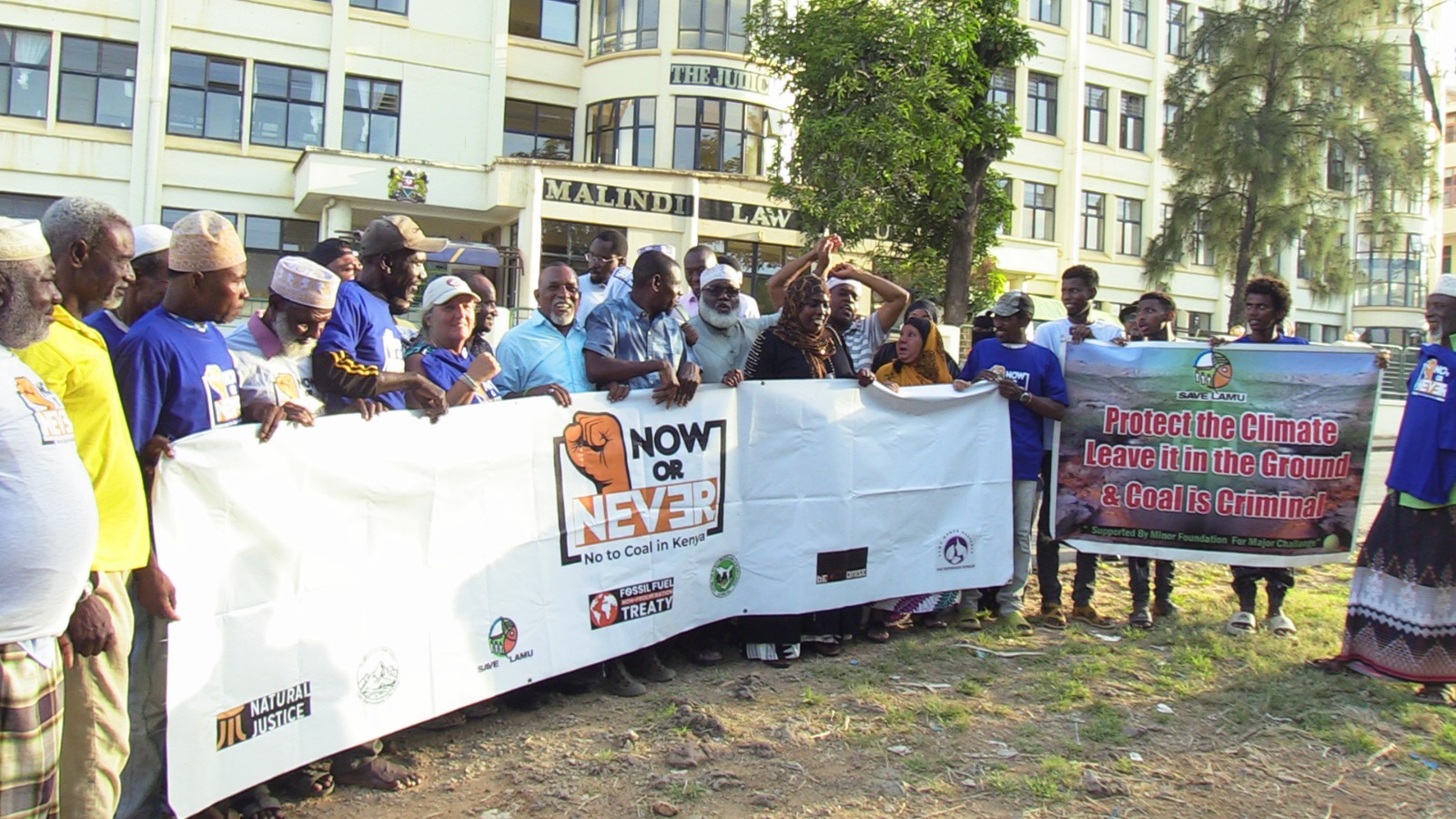
The Environment and Land Court in Malindi has upheld a 2019 decision by the National Environment Tribunal (NET) cancelling the environmental licence for the proposed Lamu coal power plant.
Justice Francis Njoroge dismissed an appeal filed by Amu Power Company Ltd, affirming that the environmental impact assessment (EIA) process for the planned 1,050-megawatt project did not meet the requirements set out in law.
The plant, which was to be built at Kwasasi in Lamu County, has faced opposition from residents, civil society groups, and environmental activists for nearly a decade.
In his judgment, Justice Njoroge noted that the EIA report was inadequate and lacked sufficient public participation.
He said the report did not adequately address key environmental concerns such as ash disposal, air quality, and potential climate impacts.
“The process violated Articles 42 and 69 of the Constitution, which guarantee every Kenyan the right to a clean and healthy environment,” the judge said, adding that both the appeal and cross-appeal lacked merit.
“Public participation, environmental protection, and respect for constitutional rights cannot be overlooked in pursuit of projects that do not meet sustainability standards. The decision and orders of the National Environment Tribunal in its judgment delivered on June 26, 2019, in NET Appeal No. 196 of 2016 are hereby upheld.”
The case had been filed by Save Lamu, with support from Natural Justice, the Katiba Institute, and the DeCOALonize Campaign, challenging the licence initially issued by the National Environment Management Authority (NEMA).
Environmental groups welcomed the court’s ruling, describing it as a major step for community rights and environmental governance in Kenya.
“This is a landmark judgment. The court has reaffirmed that environmental law and due process must be followed,” said Emily Kinama, a lawyer with Katiba Institute who represented the community.
Elizabeth Kariuki, director of the Natural Justice Hub, said the ruling underscored the importance of sustainable development.
“Development should not compromise people’s health, culture, or the environment. This is a victory for the people of Lamu,” she said.
Save Lamu chairperson Mohamed Somo said the judgment had strengthened the community’s confidence in the justice system.
“Justice for Lamu is justice for the planet. This ruling shows that when communities are heard, the law protects both people and nature,” he said.
The coal project, first approved in 2016 and estimated to cost over Sh200 billion, had attracted criticism from environmental organizations and Lamu residents who raised concerns over potential health risks and damage to the area’s ecosystem.
Following the judgment, environmental advocates urged the government to prioritize renewable and cleaner energy alternatives.
“Kenya has sent a clear message that sustainable and clean energy solutions are the way forward,” said Farida Aliwa, executive director of Natural Justice.












